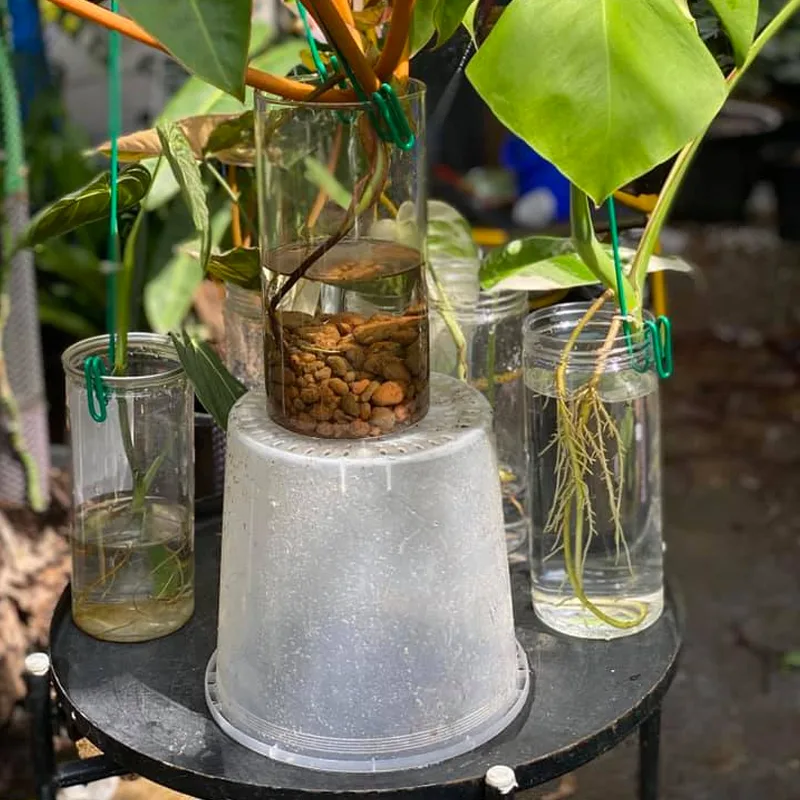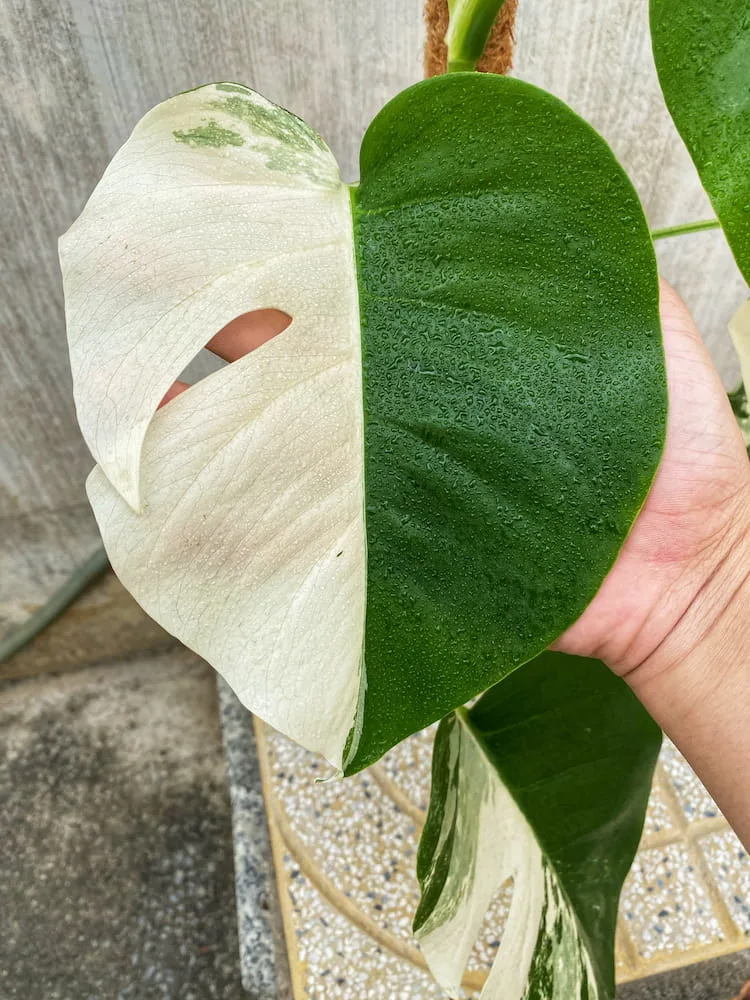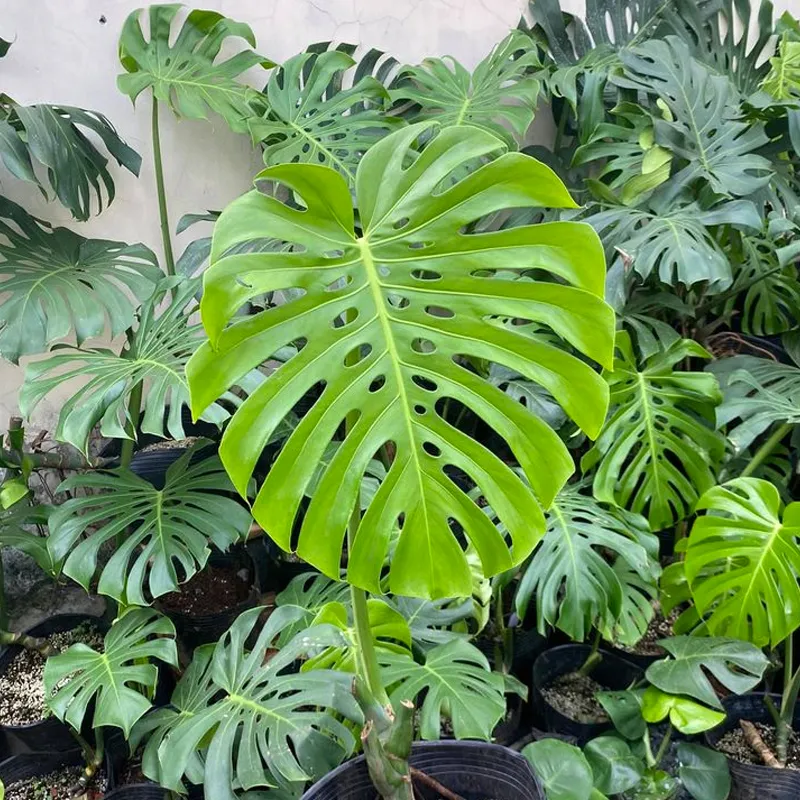Are monstera toxic to cats and dogs?
As a proud owner of a beautiful black cat, I am constantly on the lookout for potential hazards that could jeopardize my feline friend’s well-being. Recently, I found myself drawn to the allure of Monstera deliciosa, a stunning houseplant that has become popular in many households. However, a nagging concern lingered: Are Monstera plants toxic to cats, including my precious companion? In this article, I delve into the subject to unravel the truth behind Monstera’s alleged toxicity to cats, dogs, and other pets.
Monstera deliciosa, commonly known as the Swiss cheese plant, is a tropical plant native to the rainforests of Central and South America. Its unique leaves, characterized by striking fenestrations and vibrant green color, make it a popular choice among plant enthusiasts. While Monstera is known for its aesthetic appeal, it has also gained a reputation for being toxic to pets.
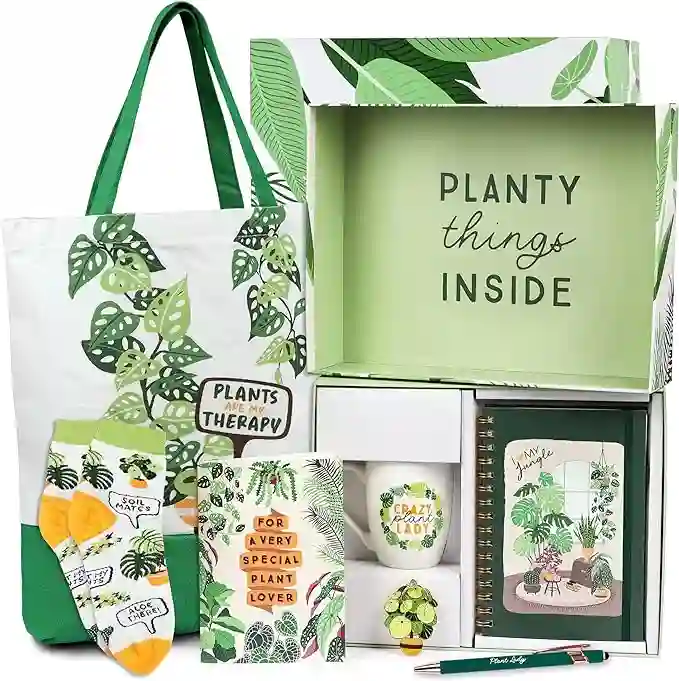
To determine the truth about Monstera’s toxicity, it is essential to consult reliable sources and scientific information. According to the American Society for the Prevention of Cruelty to Animals (ASPCA), Monstera plants contain insoluble calcium oxalate crystals. When ingested, these crystals can cause mild to moderate gastrointestinal upset in cats, dogs, and other animals. Symptoms may include drooling, pawing at the mouth, vomiting, and diarrhea.
However, it is important to note that Monstera’s toxicity is generally considered to be mild and non-life-threatening. Severe reactions are rare, and most pets recover without medical intervention within a few hours to a couple of days. Nonetheless, individual sensitivities and the amount ingested can affect the severity of symptoms.
While discussing the potential toxicity of houseplants, it is worth mentioning another popular plant that often raises concerns among pet owners: the Philodendron. Philodendrons are a diverse group of plants known for their attractive foliage and low-maintenance nature. However, it is important to be aware that certain species of Philodendron can pose a risk to pets if ingested.
Like Monstera plants, Philodendrons contain calcium oxalate crystals that can cause similar symptoms of gastrointestinal upset in cats, dogs, and other pets. But it is important to note that not all Philodendron species are equally toxic. The level of toxicity can vary depending on the specific species and the concentration of toxins within the plant. Some common Philodendron species that pet owners should be cautious about include Philodendron hederaceum, Philodendron bipinnatifidum, and Philodendron selloum. These species can cause discomfort and digestive issues if ingested by pets.
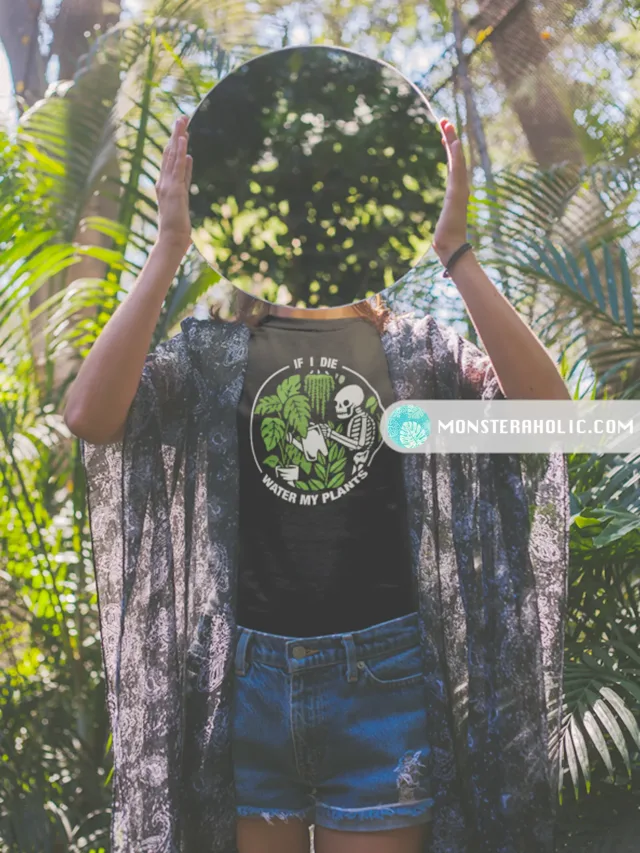
To ensure the safety of your pets, it is advisable to apply similar preventive measures with Philodendrons as with Monstera plants. Keep them out of your pet’s reach, supervise your pet’s interactions with plants, and consider pet-friendly alternatives if you have concerns about the toxicity of specific plant species.
Furthermore, it’s important to recognize that Monstera and Philodendron are not the only potentially toxic plants. There are numerous other houseplants that can pose a risk to pets if ingested. Some common examples include certain species of lilies, azaleas, sago palms, and snake plants. It is essential to research the plants you bring into your home and consult reliable sources to understand their potential toxicity.
In case you suspect that your pet has ingested a toxic plant or if they exhibit any unusual symptoms after contact with a plant, it is recommended to contact your veterinarian immediately. They can provide appropriate guidance and advice based on your pet’s specific situation.
As a responsible pet owner, I believe it is crucial to prioritize my black cat’s safety and well-being. Although Monstera’s toxicity may be mild, I understand the importance of taking preventive measures to minimize any potential risks. Here are some steps I follow:
1. Research and Awareness: Educate yourself about the plants you bring into your home. Being aware of their potential toxicity can help you make informed decisions.
2. Placement: Keep Monstera plants out of your pet’s reach. Consider hanging them from the ceiling or placing them on high shelves where curious paws cannot access them.
3. Supervision: While it’s impossible to monitor our pets every minute, keeping an eye on them when they are near plants can help prevent any unwanted snacking.
4. Alternative Options: If you’re concerned about Monstera’s toxicity, there are numerous pet-safe houseplants available that can bring beauty to your home without posing a threat to your furry friends. Some popular choices include Boston ferns, spider plants, and Areca palms.
In conclusion, while Monstera and certain species of Philodendron contain toxins that can cause mild gastrointestinal upset in pets, it is important to be aware of the potential risks associated with other houseplants as well. Taking preventive measures, researching plant toxicity, and seeking veterinary assistance when needed can help ensure the safety of our furry friends.
